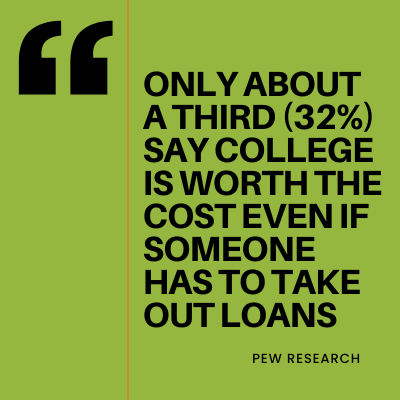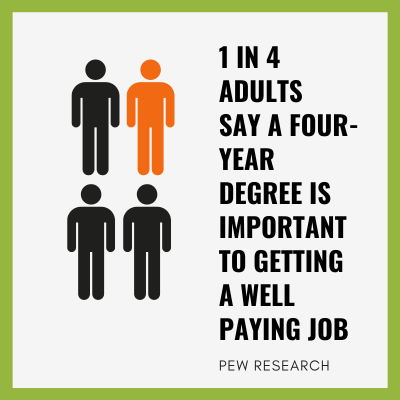By Jon Marcus and published by the WashingtonPost.com
After a two-year planning process, Brown has revamped and renamed its career center and is more than doubling its number of advisers, from 13 to 28.
It’s an example of the new attention being devoted to career services by universities — even top universities, whose students probably won’t have trouble finding jobs — as demand from students and other consumers gets louder for a tangible return on the investment in a degree.
Institutions are beefing up career services staffs and budgets, promoting career directors to the highest levels of leadership and offering career advising to students from the time they put down their first-year deposits. At least one university has upgraded “career preparation” onto its list of four core strategic priorities.
That this wasn’t the case before might come as a surprise to students and their parents. But when William & Mary promised in its new five-year plan to help students “thrive from their first job to their last,” the move was greeted by the National Association of Colleges and Employers, or NACE, as “a profound shift regarding the importance of career education at research universities.”
Career services “has been sort of a stepchild on campuses. But I think that’s starting to change because of what students want,” said Ben Wildavsky, a visiting scholar at the University of Virginia School of Education and Human Development and author of “The Career Arts: Making the Most of College, Credentials, and Connections.”
For years, at some universities, talking about careers was seen as “antithetical to an education,” said Rashid Zia, dean of the college and a professor of engineering and physics at Brown.
Now, institutions are increasing spending on career services, NACE reports. They’re also transforming the ways they provide career advice.
Read the full article here.


